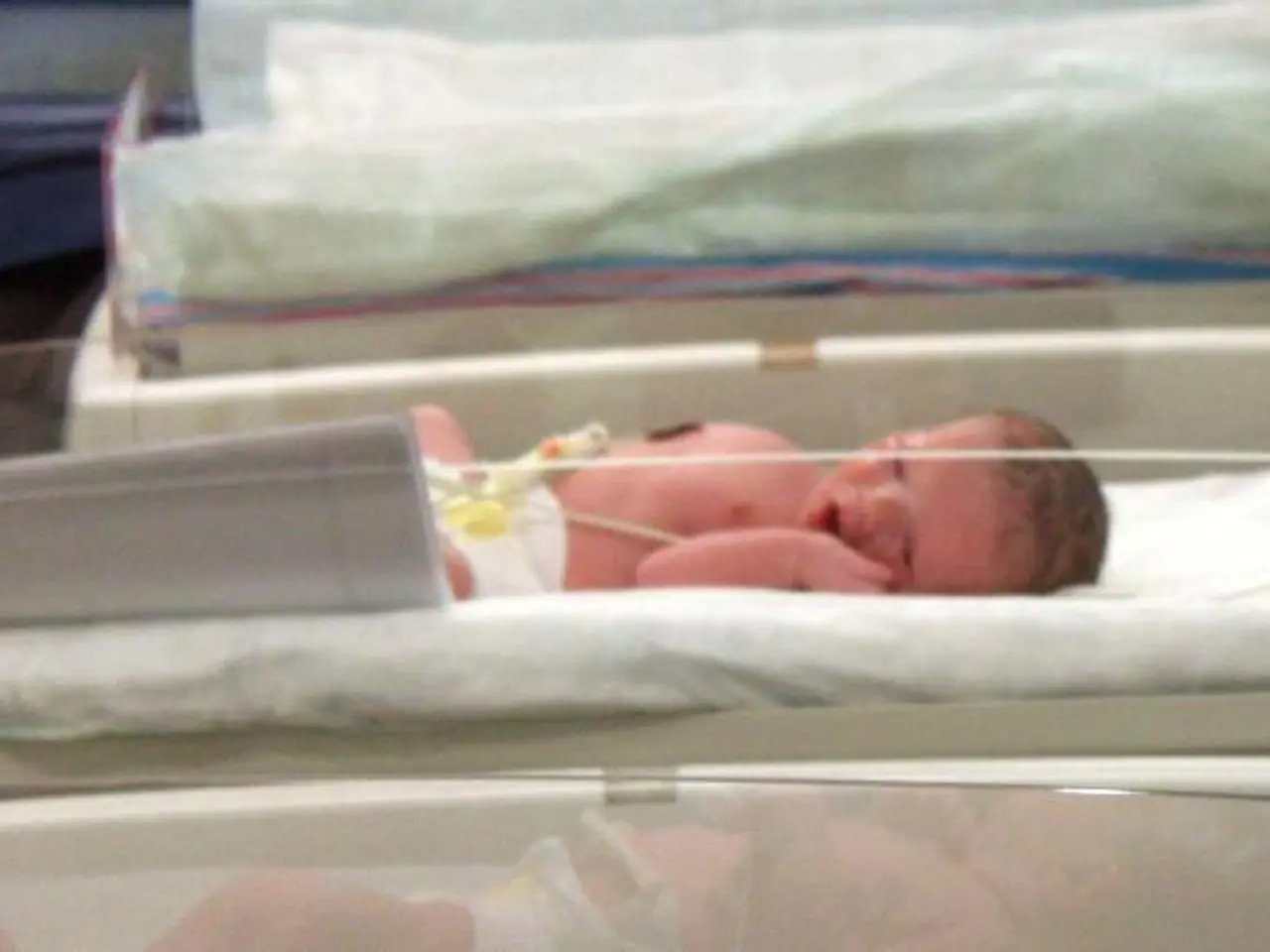Preparing for Crises: Ensuring the Safety of Nigerian Infants
In Nigeria, babies face a unique set of challenges during emergencies, such as floods, fires, disease outbreaks, and accidents. To safeguard their lives and minimise their vulnerability, it is essential for parents, caregivers, and relevant authorities to prioritise comprehensive planning, awareness, and resources.
Focusing on Critical Steps
By following key steps tailored for babies in Nigeria, we can reduce preventable mortality and support healthy development during emergencies. These steps address both direct medical needs and the wider caregiving environment.
Safe Delivery Environments
In emergencies, ensuring that mothers have access to hygienic spaces to give birth is crucial. This includes setting up maternity units that adhere to infection prevention and control (IPC) practices.
Infection Prevention and Hand Hygiene
Promoting strict hand hygiene and IPC among caregivers and healthcare workers helps protect newborns from deadly infections.
Specialized Newborn and Preterm Care
Implementing low-birth-weight and preterm care protocols is vital in these settings to improve newborn survival.
Nutrition and Developmental Support
Addressing malnutrition through appropriate feeding and rehabilitative care, including pediatric physiotherapy tailored to the infant’s developmental needs, helps prevent lasting consequences and supports recovery in emergencies.
Emergency Medical Response Capacity
Deployment of trained maternal and newborn health emergency teams, supervised by WHO or similar bodies, ensures lifesaving care even under disaster conditions.
Caregiver Education and Support
Training parents and caregivers on emergency newborn care, hygiene, and recognising danger signs is an essential part of preparedness, boosting resilience at home.
Documentation and Legal Preparedness
Having necessary identification documents for babies and consent letters ensures rapid access to emergency travel or medical services when required.
Preparing for Illness Emergencies
Recognising common symptoms of illnesses and keeping a well-stocked first aid kit is crucial for responding effectively to illness emergencies.
Dealing with Accidents
Accidents, such as road accidents, fall-related injuries, and accidental poisoning, pose additional risks to babies without adequate preparedness. Creating an emergency evacuation plan, keeping an emergency supply kit, and identifying safe shelters are important steps for dealing with natural disasters.
Home Safety Measures
Implementing safety measures at home, such as installing safety gates, covering electrical outlets, securing heavy furniture, and babyproofing, can prevent accidents.
Emergency Preparedness Plan
Key steps to consider for emergency preparedness include creating a safe environment, seeking proper medical care, educating caregivers, preparing an emergency kit, and developing an emergency plan.
Regular Reviews and Updates
Regularly reviewing and updating the emergency preparedness plan is essential to ensure its effectiveness. Regularly reviewing and updating emergency plans with all caregivers ensures that everyone is on the same page and prepared for emergencies.
Community Involvement
Joining local emergency response organisations and support groups provides access to additional resources and expert guidance.
Training Sessions
Conducting regular training sessions to educate caregivers and family members on emergency protocols is essential.
Prioritising Preparedness
Providing training on basic first aid and CPR techniques empowers caregivers to handle emergencies confidently. Proper planning and readiness can help parents and caregivers respond promptly and effectively to emergencies.
By prioritising emergency preparedness, having emergency supplies readily available, and knowing the nearest emergency shelters and evacuation routes, we can make a significant difference in ensuring the safety of babies during emergencies. Together, we can build a safer and healthier environment for our youngest citizens in Nigeria.
In the context of emergency situations in Nigeria, fostering safety and well-being among babies necessitates a multifaceted strategy. Key steps include establishing safe delivery environments, practicing stringent hand hygiene and infection prevention measures, implementing low-birth-weight and preterm care protocols, addressing malnutrition and developmental support, deploying trained maternal and newborn health emergency teams, educating parents and caregivers on emergencynewborn care, maintaining necessary documents for easy access to emergency services, recognizing common illness symptoms, keeping a well-stocked first aid kit, dealing with accident risks through home safety measures and emergency preparation plans, conducting regular reviews and updates to the plan, joining local emergency response organizations, participating in training sessions, and equipping caregivers with basic first aid and CPR skills. All these steps together play a significant role in protecting our youngest citizens in Nigeria during emergencies.




